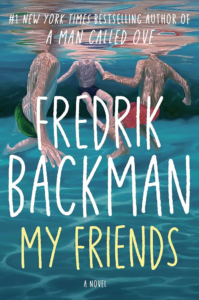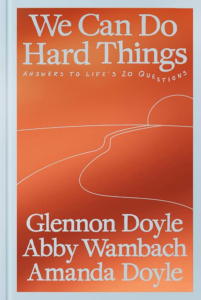The Enduring Scars of Meadowlands: Love, Loss, and Secrets in Broken Country

A Summer of Reckoning: Youthful Passion and Class Divide
“The farmer is dead. He is dead, and all anyone wants to know is who killed him?” This arresting opening of Clare Leslie Hall’s Broken Country immediately draws the reader into a world where the picturesque Dorset countryside conceals deep-seated tensions and long-held secrets. Hall masterfully constructs a narrative that transcends a simple love triangle, offering a nuanced exploration of love, loss, social strata, and the lasting repercussions of youthful decisions. Set against the evocative backdrop of rural Dorset, the novel deftly shifts between the intense summer of 1955 and the fraught present of 1968, revealing how a youthful romance irrevocably alters the destinies of Beth, Gabriel, and Frank. In 1955, the burgeoning affection between the working-class Beth Kennedy and the privileged Gabriel Wolfe ignites amidst the idyllic setting of Gabriel’s family estate, Meadowlands. Their connection is portrayed as immediate and profound, a heady first love promising a future unburdened by societal constraints. Hall beautifully captures the intensity of their youthful passion and the intellectual bond that draws them together despite their disparate backgrounds. However, their idyllic summer is shattered by the rigid classism embodied by Gabriel’s mother, Tessa, who views Beth as an unsuitable match for her son. Tessa’s interference, marked by subtle cruelty and unwavering conviction, ultimately drives a wedge between the young lovers, leaving Beth heartbroken and Gabriel bound by the chains of familial expectation.
Echoes of the Past: Resurfacing Desires and Marital Stability
The narrative then transitions to 1968, where Beth is married to Frank, a kind and dependable sheep farmer. They have cultivated a life characterized by the quiet rhythms of rural existence and a deep, shared bond. However, their fragile peace is disrupted by the return of a divorced Gabriel to Meadowlands with his young son, Leo. The reappearance of her first love reignites dormant feelings within Beth, compelling her to confront the chasm between the life she once envisioned and the reality she now inhabits. The palpable tension that resurfaces between Beth and Gabriel is描绘得淋漓尽致, a magnetic pull that threatens the stability of her marriage and exhumes the unresolved emotions of the past. Hall skillfully employs the alternating timelines to underscore the stark contrast between the passionate idealism of youth and the more grounded, yet potentially less fulfilling, reality of adulthood. The often-romanticized countryside is revealed as a place where social divisions persist and where the weight of unspoken history can yield devastating consequences. The introduction of a central mystery surrounding the farmer’s death adds another layer of complexity to the narrative, casting suspicion and forcing the characters to confront not only their past but also the potential for present-day violence.
Complex Characters and Moral Ambiguity in a Rural Landscape
The characters in Broken Country are richly developed and possess a compelling moral ambiguity. Beth emerges as a sympathetic protagonist, torn between the comfort and security of her marriage and the undeniable allure of her first love. Her internal struggle is palpable as she grapples with the choices she has made and the woman she has become. Gabriel embodies the captivating nature of lost youth and the privilege that has both shaped and constrained his life. Frank, though seemingly the epitome of the stable and reliable husband, harbors his own vulnerabilities and the capacity for intense emotions. The supporting characters, particularly Frank’s loyal but troubled brother Jimmy, contribute further depth and complexity to the intricate web of relationships within this close-knit community.
Beyond Romance: Unraveling the Threads of Class, Grief, and Loyalty
Broken Country transcends the confines of a simple romance; it serves as a poignant exploration of the enduring impact of social class, the intricate nature of grief, and the sacrifices individuals make in the name of love and loyalty. Hall’s prose is both evocative and lyrical, immersing the reader in the beauty and harshness of the Dorset landscape while expertly building suspense and emotional resonance. The novel culminates in a series of unexpected twists and turns, compelling the characters to confront the devastating consequences of their past actions and the impossible choices they face in the present. Ultimately, Broken Country stands as a compelling and unforgettable novel that delves into the intricacies of the human heart. Clare Leslie Hall has crafted a powerful narrative about the enduring power of first love, the fragility of happiness, and the profound ways in which the past can irrevocably shape the present. Through its vivid setting, complex characters, and gripping plot, the novel lingers in the reader’s mind long after the final page, prompting deep reflection on the enduring themes of love, loss, and the broken landscapes of the human heart.










